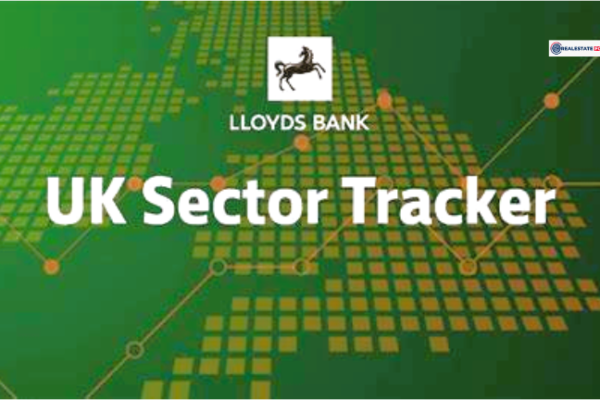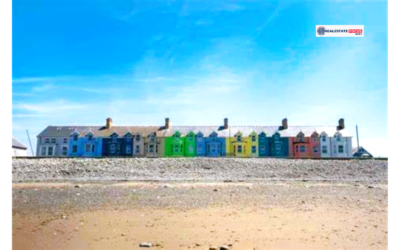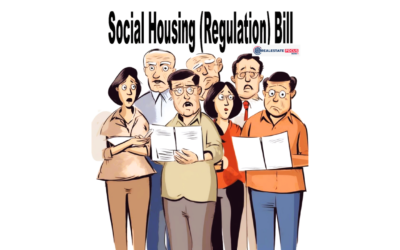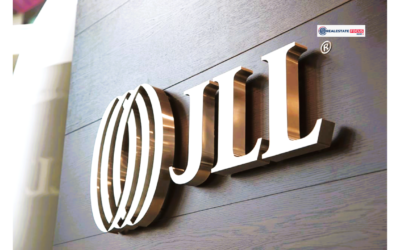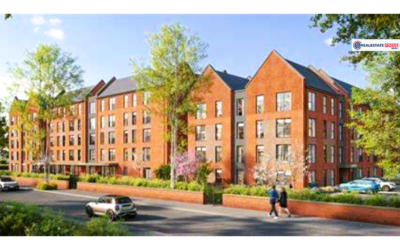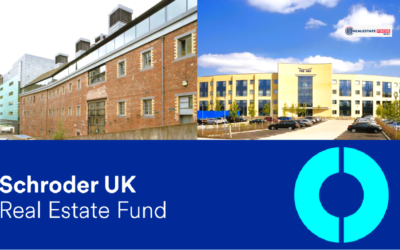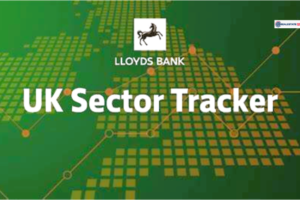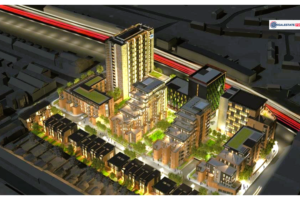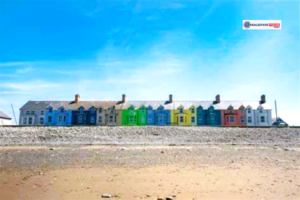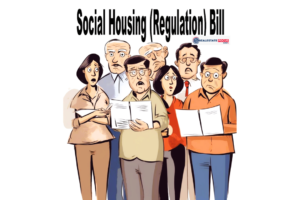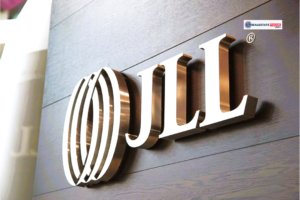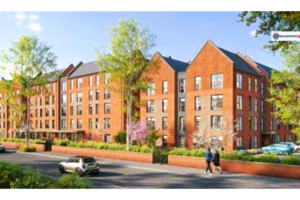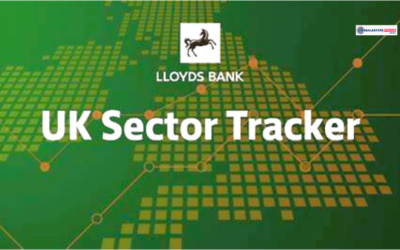
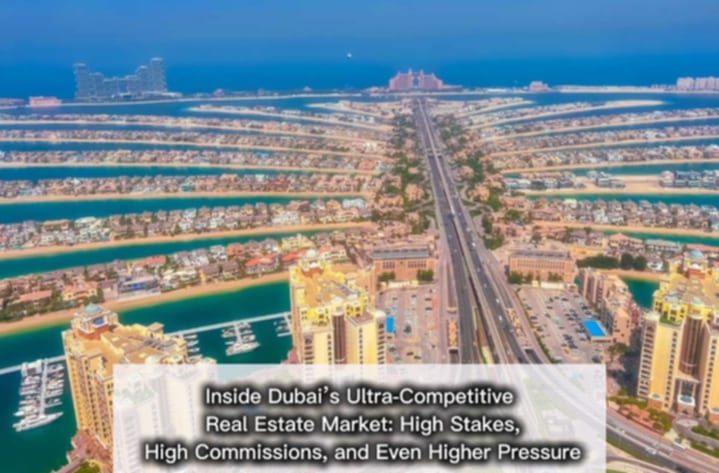
Inside Dubai’s Ultra-Competitive Real Estate Market: High Stakes, High Commissions, and Even Higher Pressure
Dubai’s real estate sector has become one of the most fiercely competitive industries in the world, with tens of thousands of agents battling to broker multi million-dirham deals in a booming housing market driven by global demand, golden visa inflows, and skyrocketing population growth.
In 2025 alone, Dubai has already recorded 45,485 property transactions worth AED 142.7 billion, according to DXB Interact. The emirate now hosts 7,900 agencies and 27,000 registered brokers, a massive increase from just 1,240 agencies and 4,500 brokers in 2019. But while the headlines are flush with record-breaking numbers, the reality for most agents is a grind marked by fierce competition, financial uncertainty, and survival of the fittest.
“Only 20 percent of brokers here are really doing well,” said Firas Al Msaddi, CEO of Fam Properties. “When one deal is closed, four or five other brokers walk away with nothing. Many don’t last six months.”
Big Commissions, Bigger Pressure
With commissions ranging from 2% to 6%, selling Dubai’s high-end properties can mean six-figure payouts but it’s all commission-based, with no guaranteed salary. Brokers like Aida Mateu, who moved from Spain just three months ago, are operating on razor-thin margins. “You have to network, hustle, and educate yourself fast,” she said. “No sales, no income.”
Mateu targets Spanish and Latin American buyers through social media, trying to break into the off-plan market, where agents typically earn 5% of the sale price. But depending on agency agreements, commissions are split differently some agents take 40%, others a 50/50 split with their agency.
In some cases, agents even return their full commission to developers to earn favor and better project allocations, said Rami Wahood, a long-time Dubai broker. The gamble is that these favors turn into future bonuses or top-tier access to upcoming developments.
Booming Market, Cautious Buyers
Despite its breakneck pace, Dubai’s housing market has evolved significantly since the 2008 financial crisis, which saw values crash overnight. Investors like Asad Khan, CEO of Invest Dubai Real Estate, still carry the scars of that collapse but have since rebuilt their portfolios in a more regulated landscape.
Khan, who lost nearly everything in 2008, now handles some of Dubai’s most prestigious listings, including the Dh180 million Burj Khalifa Palace, the world’s highest penthouse. Yet even such trophy properties are proving hard to sell as ultra-wealthy buyers tread carefully in today’s volatile market.
“The big investors are more cautious now,” Khan said. “They want deals or will wait to see what happens.”
Why Dubai Continues to Outperform
Dubai’s appeal shows no signs of waning. About 90,000 new residents arrived in Q1 2025, pushing the city’s population toward the 4 million mark. Top-performing areas include Dubai Hills Estate, Business Bay, Jumeirah Village Circle, and Dubai South, where demand for villas, townhouses, and luxury apartments remains strong.
Al Msaddi attributes Dubai’s resilience to smart government regulation and investor confidence:
“Dubai has outperformed every major city globally: London, New York, Singapore. Despite a flood of new supply, demand remains insane.”
A Market of Opportunity and Attrition
While the potential earnings in Dubai’s property market are massive, they come at a steep price. For every headline-making deal, hundreds of agents walk away empty-handed. The industry has become a high-pressure, high-reward ecosystem where only the most connected, knowledgeable, and resilient survive.
With strict developer regulations, enhanced digital platforms, and a deep pipeline of global buyers, Dubai’s property market is as alluring as it is cutthroat. For aspiring brokers, it’s a game of grit, strategy, and timing where fortune truly favors the bold.

